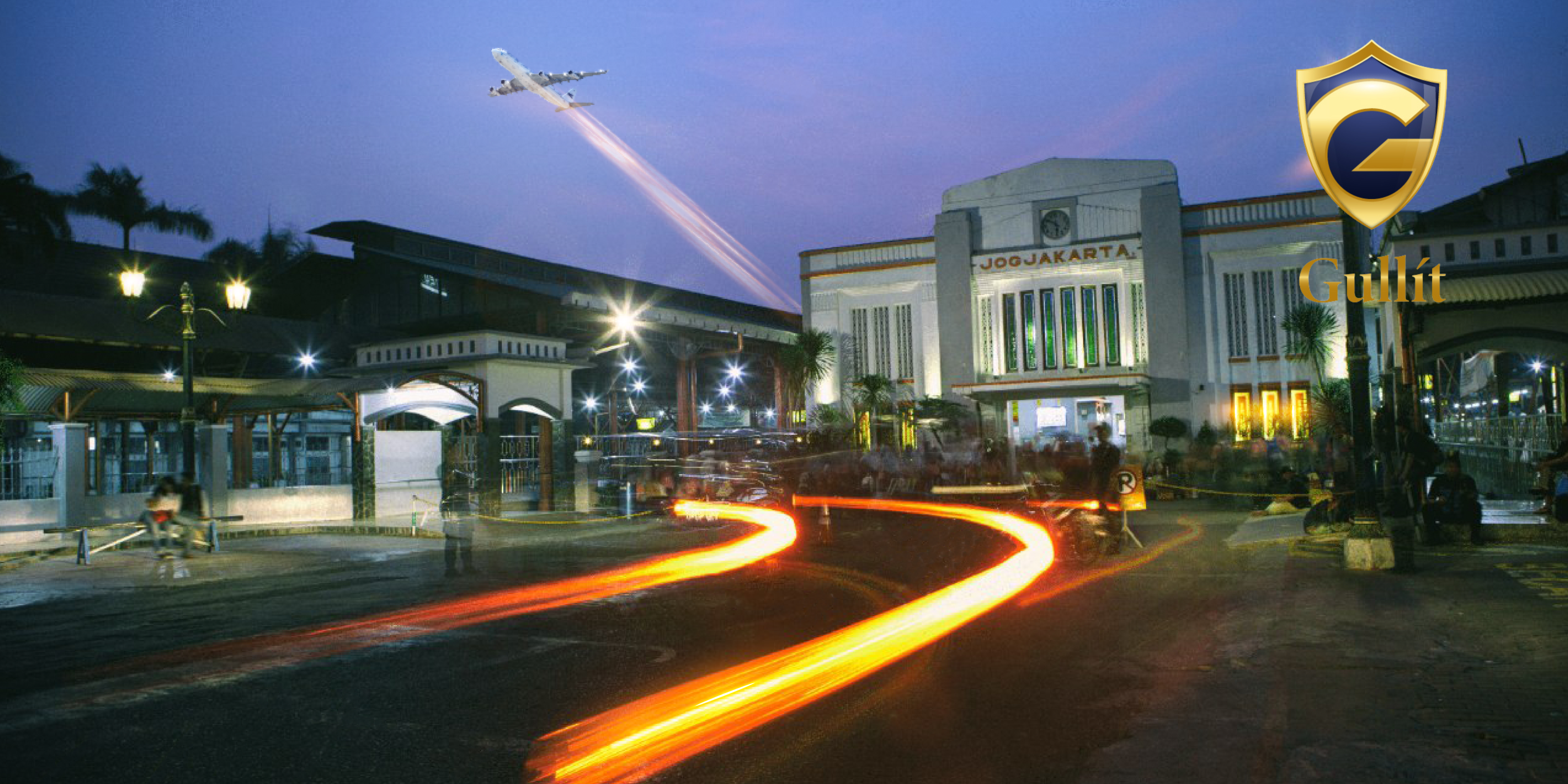Historically, people either walked, or relied on animal transport, such as donkeys and horses to travel and transport things on land. Most of Africa’s transportation systems were developed during the colonial era. The wheel was invented around 3,500 BC. However, the colonial regimes largely disregarded the requirements of the indigenous populace as these transportation systems were created to serve the interests of the European colonial powers. Transportation infrastructure in Africa today has been significantly impacted by colonial policy.
Today, the technology and innovation-driven African transport and logistics sector is establishing itself as the key to uniting nations and bolstering their economies. The World Bank estimates that commerce between African nations accounts for only 12% of regional economic activity, compared to 60% in Europe and 40% in Asia. This presents an unprecedented potential for investment in transport and logistics across the continent. The GDP contribution of the sector is anticipated to climb from $19.6 billion in the first quarter of 2022 to $20.4 billion by 2024, an increase of 3.7%, underscoring the investment opportunity over the next two years as momentum in transport and logistics grows throughout Africa.
Africa, a developing continent, presents untapped prospects for multinational firms that want to foray into untapped markets. Over the past ten years, globalization and technology have generated new opportunities for internationalization, improving supply chains and competitiveness in Africa. In an article that recently highlighted the integration of logistics in Africa by Disrupt Africa, Algeria, Angola, the Democratic Republic of the Congo, Egypt, Ghana, Kenya, Mozambique, Nigeria, South Africa, and Tanzania are currently the most significant nations in terms of logistics. Some of them own the most significant ports on the continent, including Lamu in Kenya, Lekki in Tanzania, Musoma in Tanzania, and Barra do Dande and Lobito in Angola. Due to the rising need for space for retail warehouses and the production of consumer products, the logistics sector is becoming more and more important for the growth of real estate in Sub-Saharan Africa. This is a result of the middle class’s growth, the expansion of consumer markets, and the rise in online sales.
Logistics as a whole is adopting new platforms and technologies that considerably improve supply chain visibility and efficiency in order to participate in the larger trend of digital transformation. The creation of digital platforms that balance supply and demand, whether they be systems that coordinate the transportation of freight or courier apps that carry groceries, is where innovation lies, according to an article by The Africa Report that was published on October 9.
Crossing over to transport – even with all the evolution that has happened over time, and the benefits that technology has given us today, there is still one glaring flaw: despite the fact that so many services are now available through smartphones, there is still a problem with finding reasonable long-distance transport options at the touch of a button. While well-known transportation options like Uber, Cabify, Lyft, and Bolt are practical for short trips, there aren’t very many convenient options for long distance travel. Long Distance Traveling can be challenging. The difficulty of finding dependable schedules, the number of bus companies that are offered, and language obstacles can all make transportation planning both time, and energy-consuming. In the transport sector, a number of companies across Africa are working to make this a thing of the past.
Quickbus is one good example. It operates as an online marketplace ticketing system that allows users to see reviews for different buses in Africa and book their seats online through its mobile application. Located in Lagos, Nigeria, the company has expanded and launched operations in other African Countries such as Kenya. The service steps up competition to existing platforms including BuuPass (Kenya) that was launched in partnership with Safaricom.
Founded in 2016, BuuPass essentially creates the digital framework for long-distance travel in Africa. The business collaborates with operators to offer digital transportation options that make it easier for commuters to go around. In a one-on-one interview, Sonia Kabra, one of the co-founders, observes that BuuPass addresses two major customer pain issues, “On one hand, transport companies continue to use manual processes, which result in money leaks. On the other hand, despite the fact that so many services are now accessible via smartphones, purchasing a bus ticket is still not possible. On both sides, there is a problem with inefficiency. BuuPass seeks to give people seamless movement by resolving this.” A platform for enterprise solutions was also developed by BuuPass in 2019 and is made available to bus operators for use at their stations. This further aids in the digitization of daily operations for bus companies. On both the B2B and B2C sides, BuuPass addresses major client pain points while constructing scalable infrastructure.
Crossing over to other countries such as Egypt, is Blue Bus; a premier public transport company, providing luxurious yet affordable long distance travel in Egypt connecting Greater Cairo with the most famous destinations along The Nile River and both The Mediterranean & Red sea. Cited by numerous sources as the Middle Eastern most promising transportation company, Blue Bus aspires to make the traveling experience with passengers memorable. Blue Bus adopts technology that enriches customer experience, from booking till reaching destinations.
Without a doubt, transport continues to evolve daily in Africa. According to research firm Briter Bridges, regional economic integration and the digitization of the logistics industry may pave the way for significant gains for Africa’s transport and logistics sector. Glaring headwinds still exist, despite the fact that digital logistics systems are becoming a critical connective tissue for Africa’s economic health. First on the list is infrastructure. Although the change in the sector has been gradual, we can look forward to a future whereby the transportation problems we face today will unquestionably be a thing of the past.



Comments are closed